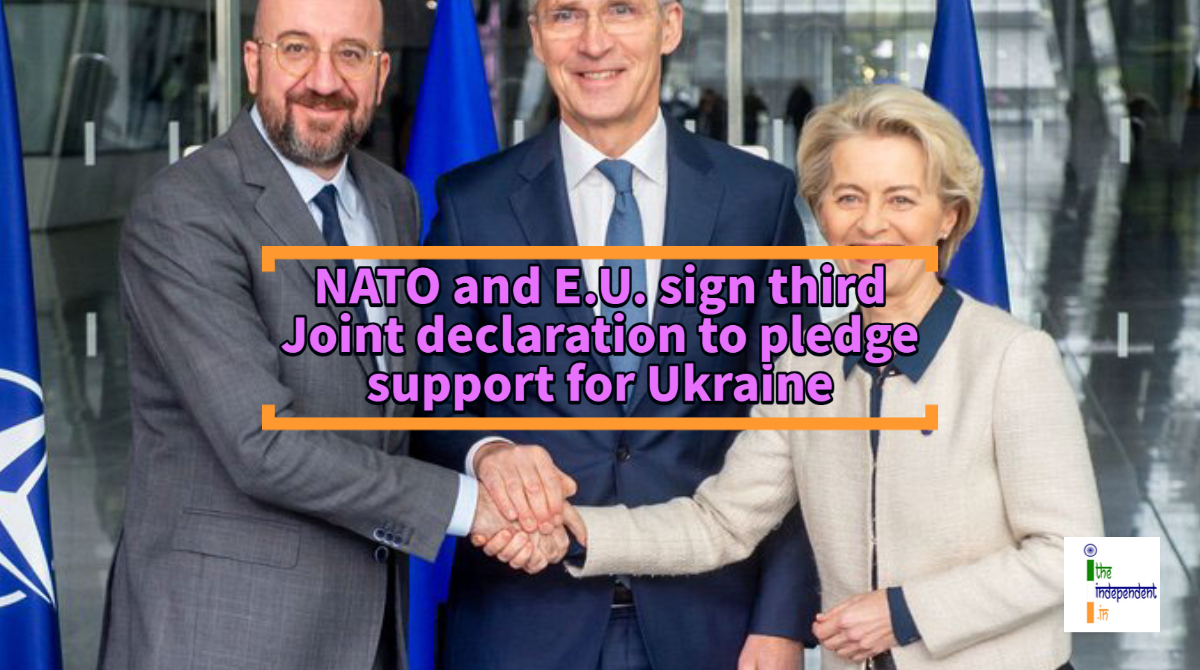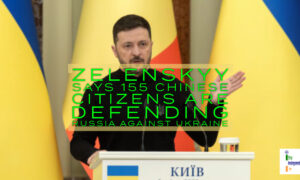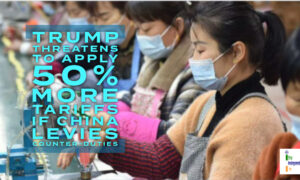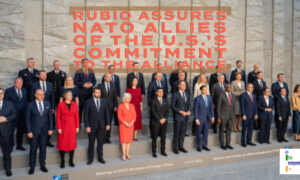
NATO and the European Union signed the third Joint Declaration committing to boost assistance for Ukraine
The North Atlantic Treaty Organisation (NATO) and European Union (E.U.) today, i.e., Tuesday, January 10, 2023, signed the third Joint Declaration, pledging to strengthen support for Ukraine.
The Joint Declaration was signed by the Secretary General of NATO – Jens Stoltenberg, the President of the European Commission – Ursula von der Leyen and the President of the European Council – Charles Michel at NATO Headquarters.
Stoltenberg said that the strategic partnership between the E.U. and NATO is more important than ever as Russia’s grinding invasion of Ukraine approaches 11 months. The Joint Declaration aims to further strengthen and expand the strategic partnership between NATO and the E.U., building on unprecedented progress in cooperation between the two organisations since previous declarations were signed in 2016 and 2018.
Speaking on the occasion, Stoltenberg said, “We are determined to take the partnership between NATO and the European Union to the next level.”
Taking it to twitter, Stoltenberg tweeted,
Great to start the New Year signing the 3rd #NATO–#EU declaration with President @vonderleyen & @eucopresident. In a world of growing strategic competition, we are determined to take our partnership to the next level. We stand together & we stand with #Ukraine. pic.twitter.com/2s6NvgCwC1
— Jens Stoltenberg (@jensstoltenberg) January 10, 2023
Ursula tweeted,
Since the start of Russia's war on Ukraine, our EU-@NATO cooperation has only grown stronger.
— Ursula von der Leyen (@vonderleyen) January 10, 2023
Today with the new Joint Declaration we are bringing our partnership to the next level.
We will deepen our excellent cooperation and expand it to new areas ↓ https://t.co/X6oWqOsXoi
Ursula also highlighted the sabotage of the Nord Stream pipelines as an example of the need to take more responsibility for the security of their network infrastructure. She also highlighted the importance of keeping the pressure on Russia. He added that E.U. will soon impose sanctions on countries including Belarus and Iran who support Russia’s war in Ukraine.
The leaders resolved to address growing geostrategic competition, resilience issues, and the protection of critical infrastructures. Other priority areas of work will include emerging and disruptive technologies, space, the security implications of climate change, foreign interference and information manipulation. Stoltenberg underlined that the Joint Declaration recognizes the value of a more capable European defence that contributes positively to our security and is complementary to, and interoperable with, NATO.
He also stressed the importance of NATO-E.U. cooperation in the context of the changed security environment following Russia’s invasion of Ukraine. He further noted that the NATO-E.U. partnership will become even more important once Finland and Sweden become full NATO members and that with their accession, NATO will be protecting 96% of the citizens in the E.U. and a higher share of its territory than ever before.







